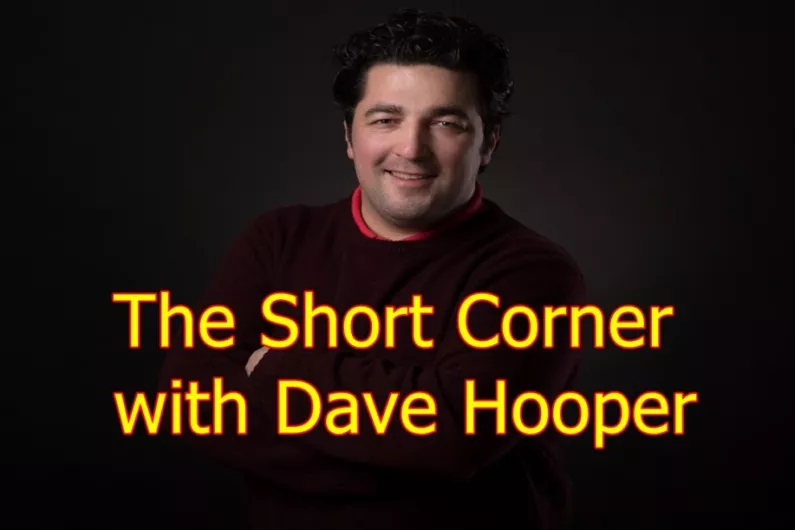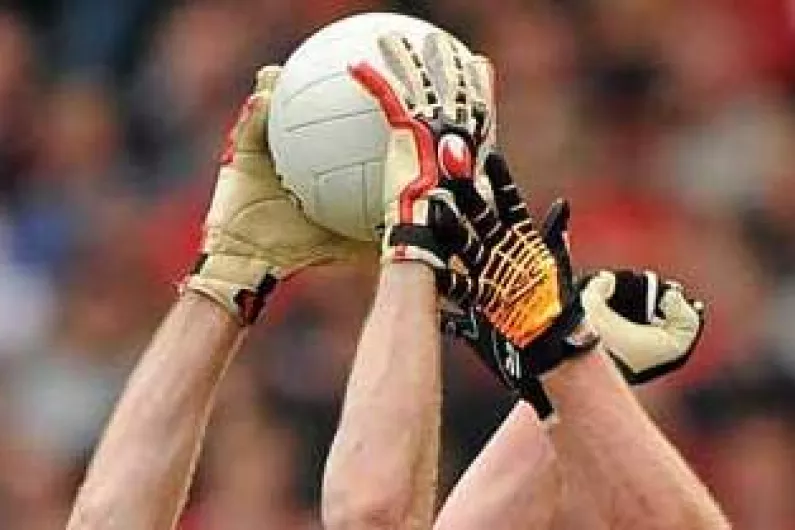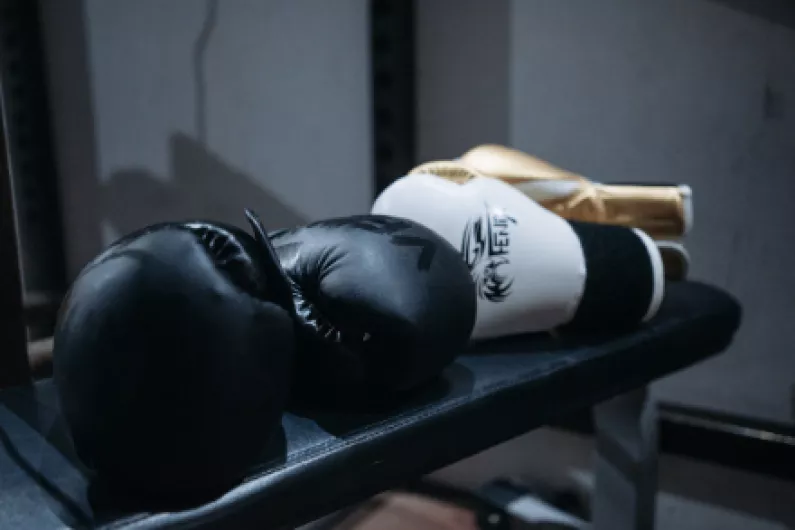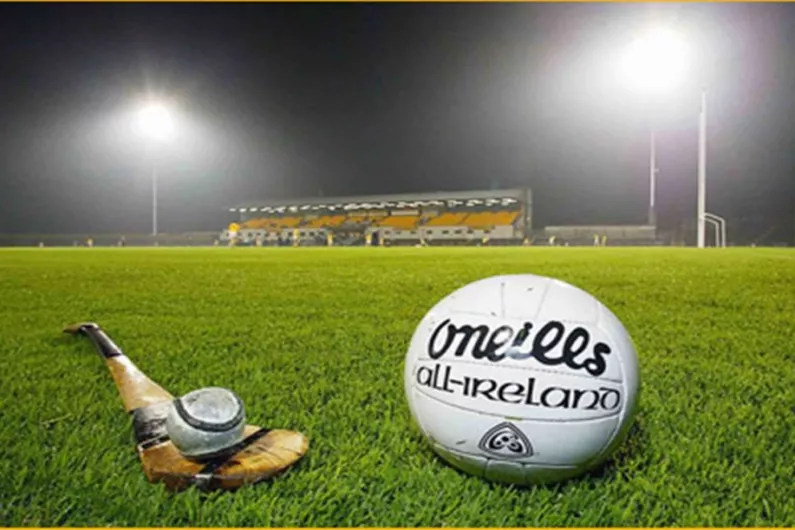Week one completed after a five month absence and the raging GAA debate is with regard to rule changes.
If the bars where open, if the crowds were leaving the stadiums, well then they would be full with the talk of new rules and Anthony Cunningham’s arguments.
Roscommon concede three penalties to Dublin, but let’s be honest in our analysis of Roscommon’s defeat to the all-conquering, all training Dubs.
Brian Stack’s foul on Paul Small for the opening penalty is the most stone wall penalty you can possibly imagine.
Was it deliberate? Did it deserve a black card? Without trying to concentrate on the new rules if I was the man in black, I would have produced a red!
Stack has stopped a blatant goal scoring opportunity by pulling back or knocking Small out of his stride. If there is ever an example of a professional foul, well there you have it.
Now the next two issues which caused consternation at the Hyde on Sunday, penalty two where Fergal Lennon also received a black card for a foul that was outside the large rectangle and going away from goal.
The gist of this rule has been really about giving the referee room to get the rule interpretation as complicated as possible.
You would have to question the rule makers on this one. If it’s not hard enough to keep 30 players in check, keep the time, keep the score while running up and down 140 metres for 70 minute and on top of this be the most unpopular person in a stadium since Brian Cowen was Taoiseach.
The people writing the rule book seem to want to make the referee’s job as impossible as possible.
And then! Came penalty three for the infamous foot block. My first engagement with this rule was in my own playing days and an under-16 semi-final where two good blocks resulted in two goals in our goals against column.
From two good blocks of what would’ve been goals, two penalties were awarded and converted, ruling out any hopes of young Hooper’s county final appearance. I do not wish to divulge just how long ago that occurred by my hair was an awful lot less grey.
My point however is, how the foot block rule remains part of the game at this stage of the 21st century is beyond me.
At that age of my life and younger, the talk would turn to “what rules would you change?” as we played football against the wall.
One young friend of mine once retorted; “why are you always wanting to change the rules? There’s nothing wrong with the game so stop trying to change it.”
It’s an ideal I’ve always kept close to my thinking. For instance the total idiocy of the rule to not kick a line ball backward. This was actually a rule or the current rule which passed congress not allowing two winning captains to receive the trophy.
The introduction of this rule saw many people question “is that an actual issue?” In this entire period, I’m still waiting for someone to defend the rule.
But returning to options on the field and rather than criticise the GAA, you have to applauded it’s democracy that rules change, be it to competitions or to items on the field of play, having to make changes via the congress process is something too applaud.
While in my opinion the introduction of the black card was one of the best changes made to Gaelic football, it has now been totally diluted as a punishment. Most probably because democracy has operated too well.
However maybe just maybe the soccer guys and how they decide on their rules should be adopted by the GAA in some model.
IFAB the International association football board founded in June 1886 remain the defenders of soccer rules, yes you’ve read that correct, FIFA may run the sport, but they don’t decide on rules of the game.
Some small history here. The first international soccer match saw Scotland play England in 1872 under Scottish soccer rules as the game was played in Scotland.
When the fixture was reversed the second international match was played under English rules with rule variants appearing across the globe. Similar variants of the rules continued to occur when the Welsh and Irish teams got in on this soccer thing.
So in 1886 the Irish, Scottish, English and Welsh soccer associations got round the table and standardised the rules. As soccer grew and FIFA were formed in 1904 they adopted the rules of IFAB!
To this day the rules of the game of soccer are decided at a board meeting of two representatives each from the English, Scottish, Welsh and Northern Irish F.A’s with four members from FIFA.
Video referee’s, offside rules, the back pass rule all had to run through IFAB.
While IFAB for its faults moves extremely slow to many eyes, they rarely if ever reverse a rule they have changed.
So it’s time for the GAA to create their own rules body, let them sit away from the general membership, let it be run by experienced retired referee’s or take a leaf from the rugby book and let the “laws of the game” be written by solicitors.
Then we may just understand the rules and not be arguing with the ref!







